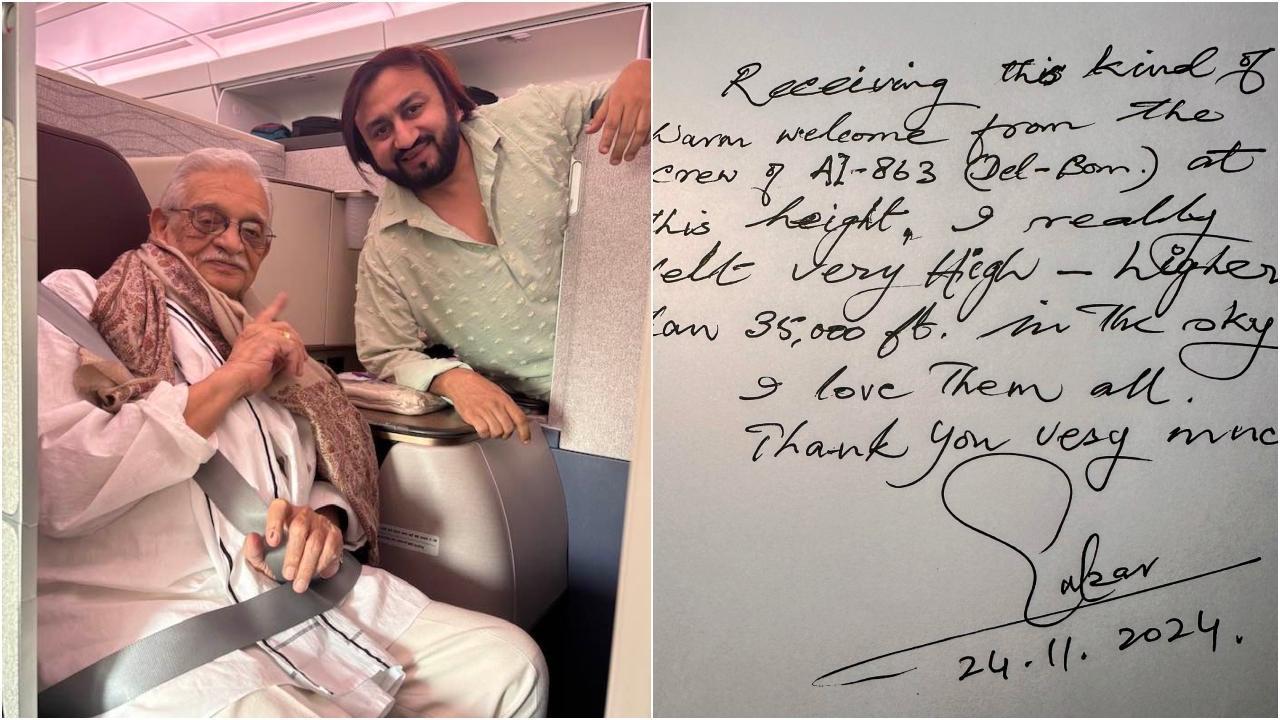
The International Cricket Council (ICC) is considering a significant modification to the duration of its top leadership roles, specifically for the ICC chairman and the Independent Director. Under the proposed changes, the term for both positions would shift to two terms of three years each, moving away from the existing format of three terms of two years each. If approved, this policy adjustment could see Jay Shah, who is poised to ascend to the chairmanship, serving in this role for a total of six years, divided into two three-year terms.
Despite maintaining the same total tenure length, the ICC believes that this revision could bolster continuity and stability within the organization. By extending the duration of each term, leaders would be able to operate with less frequent interruptions from election processes, thereby allowing them to concentrate more on advancing the ICC’s strategic objectives without the distraction of constant campaigning.
Jay Shah, who was elected unopposed to the chairman position in August, is set to officially assume his duties starting December 1. With the suggested term changes, Shah could potentially hold the ICC chairmanship until 2030. His predecessor, Greg Barclay, who assumed the chairman position in 2020, served under the current format, completing two terms of two years each. Meanwhile, the position of Independent Director remains unoccupied following the departure of Indra Nooyi, former PepsiCo chair, who completed her three allowed terms.
In addition to the proposed term length changes, the ICC has demonstrated its commitment to women’s cricket by approving the women’s Future Tours Programme (FTP) for the 2025-2029 cycle. This will mark the second FTP for women’s cricket and is set to be publicized in the coming days.
. Moreover, the ICC Chief Executives’ Committee (CEC) has endorsed a key update: the annual women’s cricket rankings will now be revised every May 1 instead of October 1. This adjustment reflects the growing footprint and participation levels in international women’s cricket, with teams now required to play at least eight matches, up from the previous six, to qualify for ranking considerations.
Also outlined in these meetings was a structured pathway for Associate nations aspiring to gain One Day International (ODI) status. Currently, 16 teams are engaged in the existing women’s cycle, with 11 of these being full-member nations. In anticipation of the next cycle, the top two Associate teams reaching the Women’s ODI World Cup qualifier will automatically earn ODI status. An additional three teams will be conferred the same status based on their performance in T20 International rankings.
In a move aimed at enhancing the profile of T20 International cricket, the ICC has sanctioned the creation of two annual International T20 tournaments scheduled between 2025 and 2028. This initiative seeks to offer a structured and meaningful competitive platform to 24 teams, shaping a roadmap leading up to the 16-team ICC Women’s T20 World Cup slated for 2030. Details surrounding these tournaments are expected to be revealed progressively.
The proposed statutes and forthcoming initiatives underscore a period of transformation within the ICC, reflecting a forward-looking vision striving for inclusivity, growth, and consistency across all levels of the sport. These endeavors aim to strengthen the global framework of cricket, establishing more robust pathways for both the administration and the athletes, while reinforcing the sport’s status as a pivotal component of international sporting culture.










